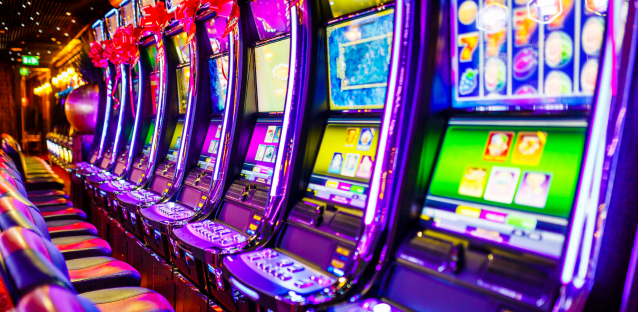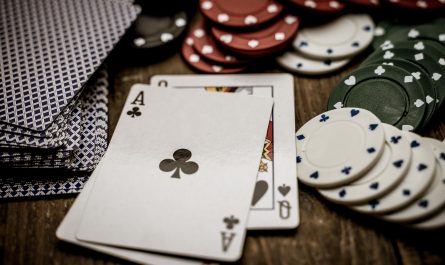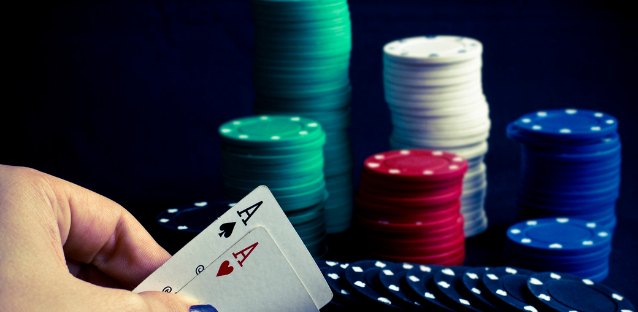Slot machines, often known as one-armed bandits, have become an iconic symbol of gambling and entertainment in casinos around the world. Their evolution from mechanical devices to sophisticated digital machines mirrors the technological advancements and changing tastes in gaming over the years. This article delves into the rich history of slot machines, explores their mechanics, and examines their impact on modern gaming and culture.
The Dawn of the Slot Machine
The inception of the slot machine can be traced back to the late 19th century. The first slot machine was invented in 1895 by Charles Fey, a mechanic from San Francisco. Dubbed the “Liberty Bell,” Fey’s invention featured three spinning reels with five symbols: horseshoes, diamonds, spades, hearts, and a Liberty Bell. The machine paid out a grand prize of fifty cents or ten nickels when a player landed three Liberty Bell symbols in a row, a significant sum at the time.
Mechanical to Digital: The Evolution of Slot Machines
Initially, slot machines were purely mechanical devices. Players would pull a lever to spin the reels, and the machines would pay out based on the alignment of symbols when the reels came to a stop. However, the mechanical nature of these early machines limited their complexity and the variety of games that could be played.
The transition to electromechanical slot machines in the 1960s allowed for new features, such as larger hoppers to hold more coins and the ability to offer larger jackpots. The first fully electromechanical slot machine, “Money Honey,” was developed by Bally in 1964. This innovation paved the way for the modern slot machine era, leading to machines that were entirely operated by electricity.
The digital revolution in the 1980s and beyond transformed slot machines yet again. Video slots, which use graphical reels on a computerized display instead of mechanical drums, became the norm. The introduction of microprocessors allowed for the programming of more complex games, including the addition of bonus rounds, free spins, and progressive jackpots. Today, slot machines are highly sophisticated devices that offer a wide range of gaming experiences, from classic three-reel games to immersive video slots with elaborate themes and storylines.
The Impact of Slot Machines on Gaming and Culture
Slot machines have had a profound impact on the gaming industry and popular culture. They are the most popular form of gambling in casinos, generating a significant portion of the industry’s revenue. The allure of slot machines lies in their simplicity and the possibility of winning large payouts from small bets. They cater to a wide audience, from casual players who enjoy the game’s entertainment value to serious gamblers seeking big wins.
The cultural impact of slot machines is also significant. They have been featured in numerous movies, TV shows, and books, often symbolizing the thrill and glamour of casino life. The imagery and sounds of slot machines, such as the spinning reels and the ringing of bells, have become synonymous with gambling and excitement.
Expansion into Online Gaming
The rise of the internet has had a transformative effect on slot machines, propelling them into the digital age with online slots. Online casinos have become a booming industry, offering players the convenience of playing from anywhere at any time. Online slots replicate the experience of traditional slot machines, with the added benefits of greater variety, innovative gameplay features, and often higher payout rates. The integration of multimedia elements, such as themed games based on popular movies, TV shows, and characters, adds a new layer of engagement and entertainment.
The technological infrastructure behind online slots enables a seamless gaming experience. Random Number Generators (RNGs) ensure fair play and unpredictability in the game outcomes, closely mimicking the randomness of physical slot machines. Moreover, the advent of mobile gaming has made slots even more accessible, allowing players to enjoy their favorite games on smartphones and tablets.
The Psychological Appeal of Slot Machines
The enduring popularity of slot machines, both in physical casinos and online, can be attributed to their psychological appeal. The design of slot machines often employs various tricks to keep players engaged. For example, the near-miss effect, where the reels stop just short of a winning combination, encourages players to keep playing in the hope of winning next time. The use of bright colors, flashing lights, and catchy sounds stimulates the senses and creates an immersive experience.
Slot machines also appeal to players’ desire for control. The act of pressing a button or pulling a lever to initiate each game gives players the illusion of influencing the outcome, even though the games are entirely based on chance. Additionally, the variable reward schedules used in slot machines, where rewards are unpredictable and vary in size, are known to be highly addictive, encouraging repeated play.
The Future of Slot Machines
Looking ahead, the future of slot machines appears to be bright and filled with potential for further innovation. The integration of virtual reality (VR) and augmented reality (AR) technology could revolutionize the slot machine experience, offering even more immersive and interactive gaming experiences. Imagine putting on a VR headset and stepping into a fully realized casino environment from the comfort of your home, complete with the sights, sounds, and atmosphere of a real casino.
Another area of potential growth is the incorporation of skill-based elements into slot machines. As younger generations of players seek games that require more than just luck, slot machines that include video game-like elements or challenges could become more popular. These changes could redefine the very nature of slot machines, blending the line between gambling and video gaming.
Moreover, the increasing focus on responsible gambling and the use of technology to promote safer gambling practices is likely to influence the development of slot machines. Features such as loss limits, reality checks, and transparent information about the odds of winning can help mitigate the risks associated with gambling and ensure a more responsible and enjoyable gaming experience for all.
Conclusion
The journey of slot machines from mechanical devices to sophisticated online and potentially VR-based games illustrates their adaptability and enduring appeal. The blend of chance, technology, and psychology makes slot machines a fascinating aspect of both gambling and cultural history. As we look to the future, the evolution of slot machines is bound to continue, driven by technological advancements and changing player preferences. Whatever the next chapter in the story of slot machines, it is sure to be as compelling as the journey has been so far.
Slot machines have evolved from simple mechanical devices to complex digital platforms that provide entertainment to millions worldwide. Their ability to adapt and transform with the times while maintaining their core appeal is a testament to their lasting significance in the gaming industry. As new technologies and trends emerge, slot machines will likely continue to offer new and exciting ways to engage and entertain players, ensuring their place in gaming culture for years to come.



